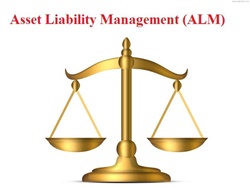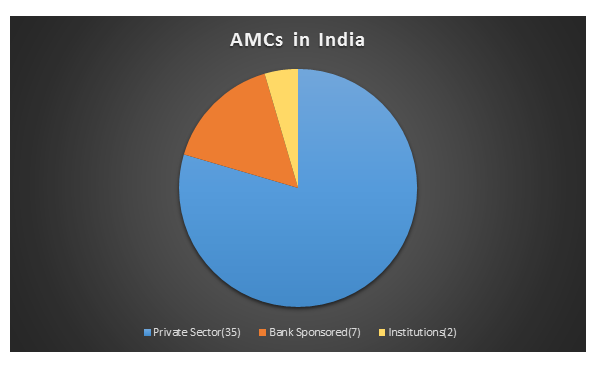Defining Assets Under Management
Assets Under Management (AUM) is known as the total Market value of investments that an entity or an individual manages on behalf of their clients. However, the precise definitions, as well as the formula, vary as per the company.

While calculating AUM, some of the financial institutes include cash, Mutual Funds, and Bank deposits. On the other hand, some may restrict the calculation to funds under optional management where investors may assign authority to the firm to trade on their behalf.
Overall, AUM can be defined as the only Factor used in assessing an investment or a company. Usually, it is considered along with management experience and performance. However, often, investors consider high inflows of investment as well as higher comparisons of AUM as a positive sign of qualitative management experience.
Talk to our investment specialist
Explaining Assets Under Management
In simple words, assets under management are known as the amount of money that a financial institute or a hedge fund is managing for the client. AUM is the addition of the market value for all of the investments that either a single fund or a family of funds, brokerage company, or a venture Capital company manage.
This factor is basically used to signify the amount or size. Also, it can be divided in different ways. AUM can be referred to as the total amount of assets that are being managed on behalf of either a specific client or all of the clients. AUM comprises the capital that a manager can use to transact from all or one client.
For instance, suppose an investor has invested Rs. 50,000 in a mutual fund and these funds have become a part of the AUM. Now, the fund manager can purchase and sell shares by keeping in mind the investment objectives and using the invested funds without acquiring any extra permissions from the investor.
In the Wealth Management Industry, certain investment managers may have specific requirements on the Basis of AUM. Put simply; an investor may require a minimum amount of AUM for the investor to be qualified for a specific investment type.
Generally, wealth managers want to make sure that the client is capable of withstanding negative market situations without taking a massive financial hit. Also, the individual AUM of an investor could be a factor in comprehending the types of services received from a brokerage company or a financial advisor. In certain cases, individual assets under management may coincide with the Net worth of the individual.
All efforts have been made to ensure the information provided here is accurate. However, no guarantees are made regarding correctness of data. Please verify with scheme information document before making any investment.












